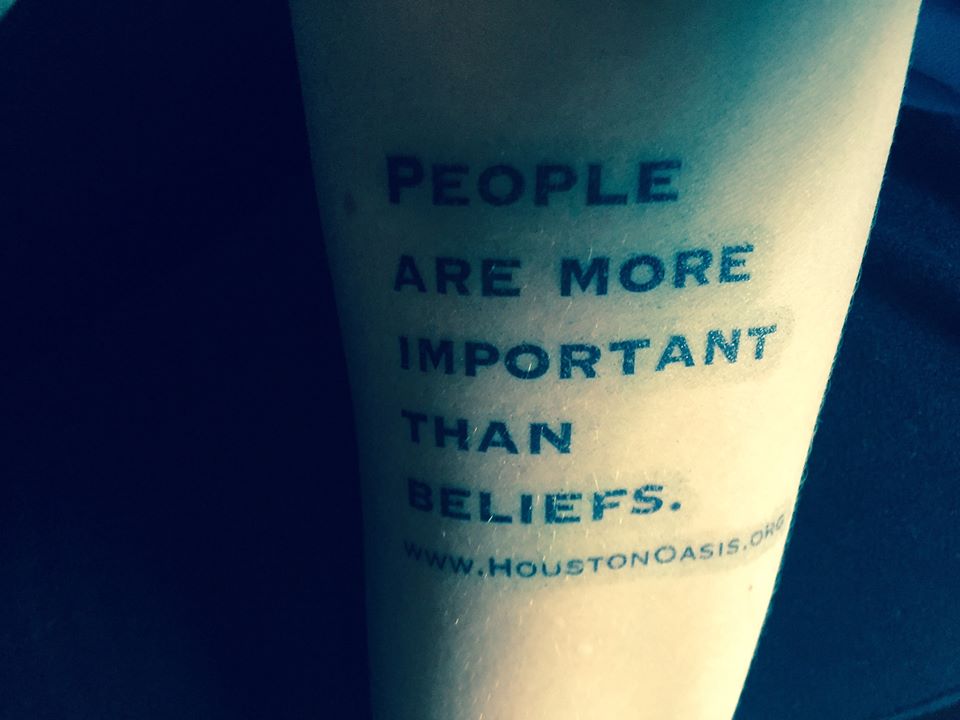How should non-religious people fulfill their need for community?

Be a part of something bigger; just not “burn in hell if you don’t” bigger.
Occasionally, like this week in The Atlantic, I will read articles about groups for the non-religious attempting to replace the feeling of community that churches have traditionally provided. Weekly gathering, light ritual and a chance to meet people you share beliefs with, only without the dogma and judgment.
Some secular communities seem to be negotiating between conflicting impulses: to separate from religion on the one hand, and to adopt the frameworks often associated with religion on the other. Rather than experimenting with something wholly new, they seem to be inviting nonreligious people to revise their relationships to the kinds of collective rituals they may have avoided—or felt excluded from—in the past.
Every time I hear about one of these groups, as a non-religious person myself, I’m always torn between those impulses listed above. Part of me wonders if that slight yearning for a larger community connection is a natural human one that I should pursue, or an outdated and unnecessary one I’ll be just fine without.
Should non-religious people look for that sense of community that churches provide in other places? Where and how might they find it?
With the religious aspect removed, what should the goals and common purpose of these type of groups be in a modern world?